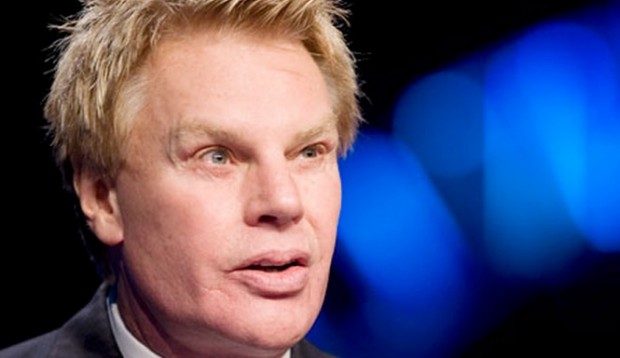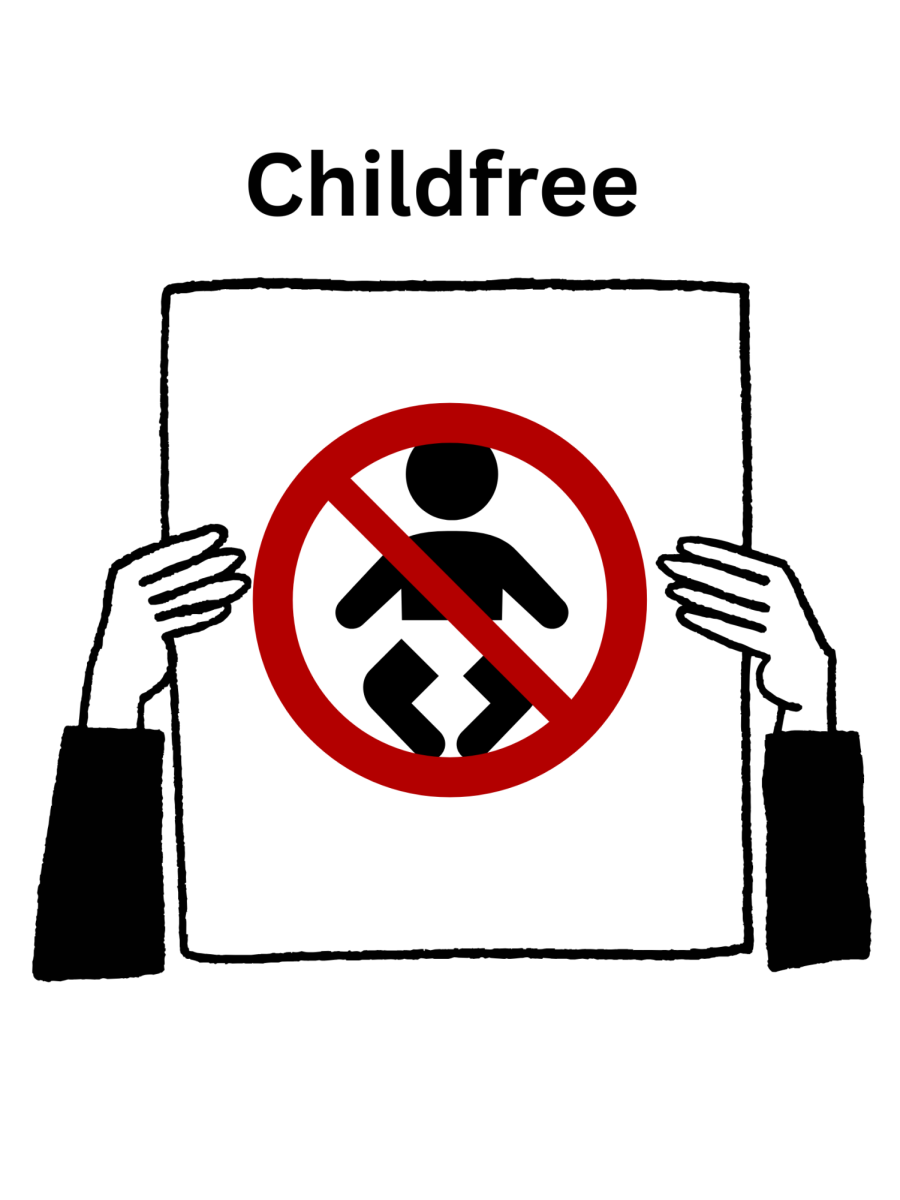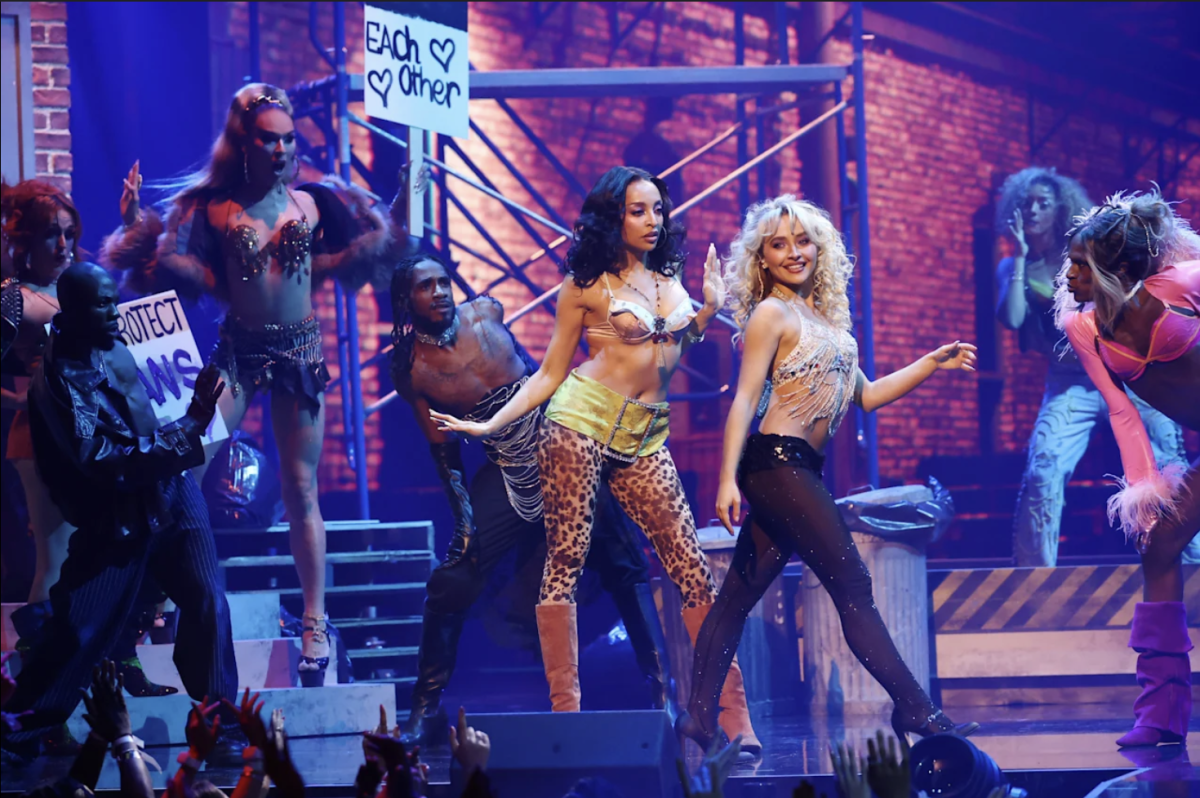Staff Writer
Recently a controversial quote from Abercrombie and Fitch CEO Michael Jeffries has resurfaced, creating a new PR nightmare for his company. The 2006 comment contains Jeffries’ explanation of why A&F refuses to sell women’s clothes larger than a size 10.
His marketing strategy is not dissimilar to countless other teen-geared clothing brands, but the publicity and content of Jeffries’ statement were both flippant and dangerous.
Yes, every store has a target consumer – a niche in the sea of brands or bargains – but the last thing a brand oriented to teenagers and young adults should do is further polarize the separation of “cool” and “uncool” or suggest that girls larger than a size 10 cannot also be cool.
Jeffries’ position as CEO of a popular teen brand makes him an influential figure in the lives of those young adults he represents and he, therefore has a responsibility to set an example of acceptance rather than exclusion. Jeffries statement further empowers those who already see themselves as superior and who use any excuse to marginalize and degrade others, while simultaneously insulting the already awkward and estranged.
According to mentalhealthscreening.org 95 percent of eating disorders in the US are seen in girls ages 12 to 25 – the same group to whom A&F markets their clothing. Jeffries’ statement supports the hazardous and pervading concept in the minds of young women and society at large that a female cannot be “popular,” or have “a great attitude and a lot of friends,” unless she fits a singular ideal of physical beauty.
This is absolutely untrue.
There are plus sized women in this world who conduct themselves with grace and wisdom, who are and conscientious and who represent an infinitely more accurate and healthy model of what cool should mean.
Oprah Winfrey, inspirational talk-show host and humanitarian and Adele Adkins, successful singer/songwriter are two such women. Both are considered obese by current medical standards, but contribute greatly to their individual fields and represent their own unique kind of beauty. Who they are is not defined by size or shape but by the ways they contribute to society.
But Jeffries’ furthering unhealthy ideas about body image prevents many women from reaching their fullest potential, sending many into unhealthy eating habits and focusing them on how they are perceived based on their outer appearance rather than their deeds and attitudes.
Understandably, the gavel of online activism has fallen swiftly and judiciously in response to the reemerging comments. The issue has been written on by bloggers and reporters alike and many have advocated a boycott of A&F and their associated brand Hollister. In fact, A&F has reported a 17 percent drop in sales over the last few weeks as a result of such efforts.
Benjamin O’Keefe, an 18 year old who was a victim of bullying in high school, has organized a petition to make A&F more inclusive and has since met with some of their top executives about creating an inclusion and anti-bullying campaign at Abercrombie.
But perhaps the most creative response to the quote came in the form of a video in which a young activist gives away A&F clothes to the homeless of Los Angeles and calls for others to do the same. The effort is called #fitchthehomeless. The purposes of this are two-fold: one, to give A&F clothes to hundreds of people who do not fit into Jeffries’ idea of worthiness and two, to give clothing to those in need. While questions have been raised as to the motivation of the original video along with the moral implications of #fitchthehomeless, this kind of zealous backlash is bound to occur when CEO’s marginalize and degrade a large majority of Americans.
#Fitcthehomeless really has the right idea in the bite-back department. The statement made really gets to the root of the problem – categorizing people based on appearance instead of content of character. The protest reaffirms that people are just people, on the street or in the stores, and that clothes are just clothes in either location; it recommits A&F clothes to their original, primal purpose – to clothe, void of bias or bigotry; it renounces Jeffries’ attitudes of superiority and repairs, at least in part, the damage done by those attitudes.









